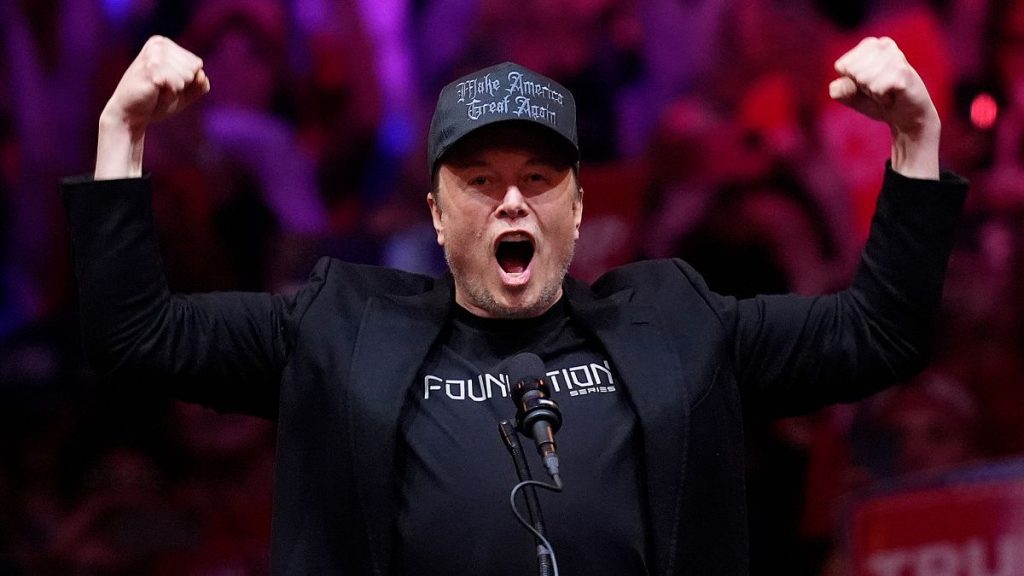Elon Musk’s guest opinion piece in the prominent German newspaper Die Welt supporting the far-right Alternative for Germany (AfD) party has sparked controversy and led to the resignation of the commentary editor. In the piece, Musk defended his support for the AfD, calling it “the last spark of hope” for the country and refuting the party’s classification as far-right by pointing to its leader’s same-sex partner from Sri Lanka. He further expressed his alignment with the AfD’s principles on energy, economic recovery, and migration, stating that they reflect the values that have made his companies successful.
The publication of Musk’s op-ed led to a wave of criticism from journalists at Die Welt, with the opinion editor resigning and numerous colleagues taking issue with the piece’s content and timing. The paper’s future editor-in-chief also shared his own contrasting views in a separate op-ed. With Germany approaching a snap election in seven weeks, politicians and journalists have condemned Musk’s endorsement of the AfD, stating that such election appeals have no place in independent media. The controversy surrounding Musk’s statements highlights the divisive nature of the AfD within the political landscape.
The timing of Musk’s endorsement of the far-right AfD has raised concerns among German politicians and journalists, particularly as the country prepares for a national election in February. Many political leaders have unequivocally rejected any collaboration with the AfD, emphasizing the party’s controversial standing in German politics. The reaction to Musk’s op-ed underscores the deep opposition to the AfD within the mainstream political establishment, with critics arguing that such endorsements have no place in the public sphere, especially ahead of a critical election.
Elon Musk’s support for the far-right AfD has caused a rift within the editorial team at Die Welt, leading to the resignation of the opinion editor and sparking heated debates among journalists at the newspaper. The controversy surrounding Musk’s opinions on the AfD has polarized public opinion in Germany, highlighting the challenges of navigating political allegiances in a highly charged environment. The fallout from Musk’s op-ed reflects broader tensions within German society over the role of far-right parties in the political landscape, with many expressing outrage over his decision to align himself with a party perceived as extremist.
As Germany grapples with the upcoming national election and the rise of far-right political movements, Musk’s public endorsement of the AfD has ignited a firestorm of criticism and condemnation from all sides of the political spectrum. The controversy has underscored the challenges facing media outlets in balancing editorial freedom with considerations of journalistic integrity and social responsibility. The intense backlash against Musk’s op-ed serves as a reminder of the power of influential figures to shape public discourse and the importance of accountability in the realm of public debate.
In the context of Germany’s political climate and the growing influence of far-right ideologies, Musk’s support for the AfD has highlighted the complex interplay between individual beliefs and societal norms. The storm of controversy surrounding his endorsement of the party has reignited debates over the boundaries of acceptable discourse in democratic societies and raised questions about the responsibilities of public figures in shaping public opinion. Ultimately, Musk’s foray into German politics has exposed fault lines within the media landscape and sparked a broader conversation about the role of influential individuals in shaping the political narrative.


